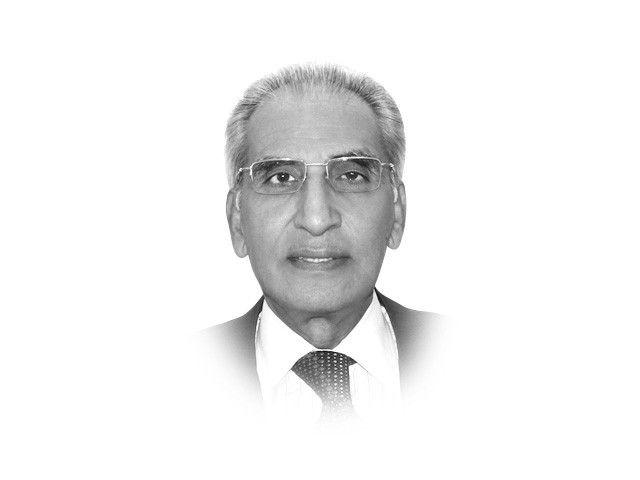Not enough to paper over differences
The absence of trust and lack of understanding has become a festering wound that will continue to bleed.

The Americans have not been helpful either. Not only has Washington refused to provide an apology which it ritually offers to others but it also hardened its public utterances. Secretary of State Hillary Clinton’s warning to Pakistan while in India was needlessly provocative and her choice of location inexplicable, especially for someone viewed as a friend.
Soon thereafter, the Obama Administration decided to drop legislation regarding the Reconstruction Opportunity Zones. This confirmed dwindling interest in initiatives relating to Pakistan, even if geared to weaning the youth in the tribal areas away from extremism and into gainful economic employment. The US Congress’s current mood of belligerence towards Pakistan was further confirmed when influential committees of the White House introduced fresh legislation to tighten the conditions on provision of assistance to Pakistan, including one that would make US aid subject to reopening of land routes to Nato, while another would place military and intelligence under greater scrutiny. Even the Chicago Nato Summit invitation has been turned into an instrument to pressure Pakistan to adopt a cooperative attitude, especially on the opening of supply routes.
Diplomatic and military representatives are currently engaged in hectic efforts to resolve this issue prior to the summit, whose invitation is being dangled before our leadership, making Pakistan’s eagerness to be invited inelegantly obvious. The announcement of the DCC meeting and Foreign Minister Hina Rabbani Khar’s remarks are signals of the government’s readiness to approve compromises that have already been finalised. Having made the mistake of boycotting the Bonn Conference, which was of greater relevance to us, we do not want to miss out on the Chicago Summit, which is to discuss Nato’s role in Afghanistan, post-2014.
Pakistan’s leadership would, however, do well to remember that while the US may agree to pay more for the supply routes and its resumption might bring us the Chicago invitation, it will only be a temporary respite, papering over the symptoms while leaving the ailment unattended. In other words, the absence of trust and lack of understanding on issues of fundamental importance to Pakistan has become a festering wound that will continue to bleed. While improving ties with India has been welcomed by stakeholders in Pakistan, it is long-term US objectives in Afghanistan that raise questions in Pakistan.
Of course, Pakistan’s primary interest should be in ensuring a full and orderly withdrawal of US troops from Afghanistan. However, while the Strategic Partnership Agreement signed by Presidents Hamid Karzai and Barack Obama on May 1 lacks specifics, it does confirm US intentions to remain involved in the country far beyond 2014 with access to bases under the cover of “joint facilities”. The US/Nato indefinite presence will not only cause concern to Pakistan but to China, Iran and Russia as well. In such a situation, it is incumbent on us to work with our neighbours and other interested parties to help evolve an intra-Afghan political settlement that can facilitate the complete withdrawal of all foreign forces. Therein lies a genuine prospect of peace in Afghanistan and the region.
Published in The Express Tribune, May 16th, 2012.















COMMENTS
Comments are moderated and generally will be posted if they are on-topic and not abusive.
For more information, please see our Comments FAQ